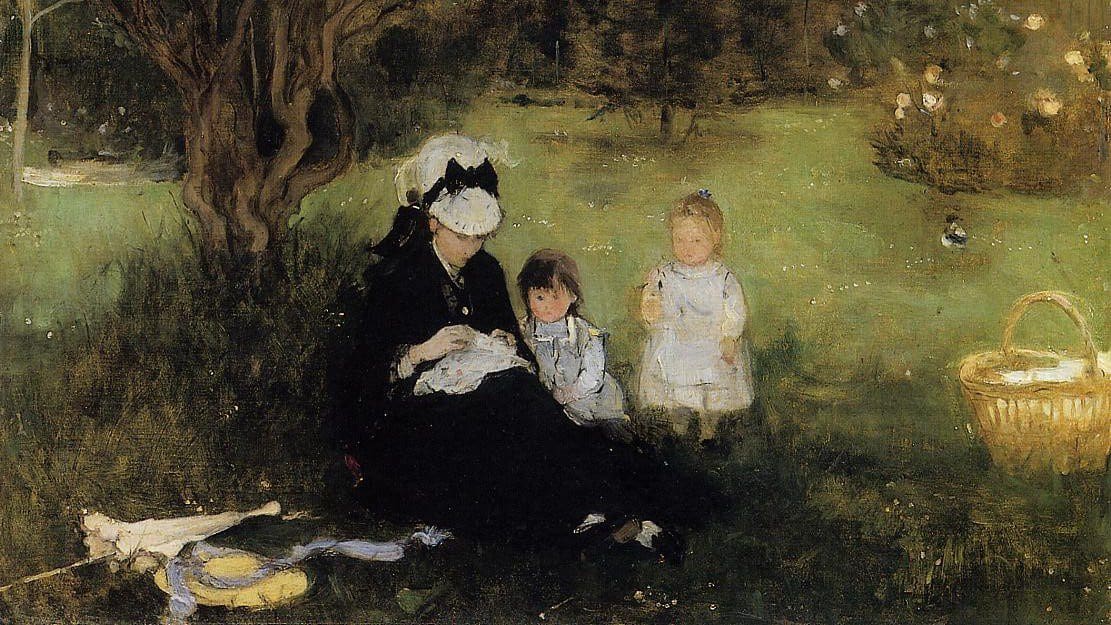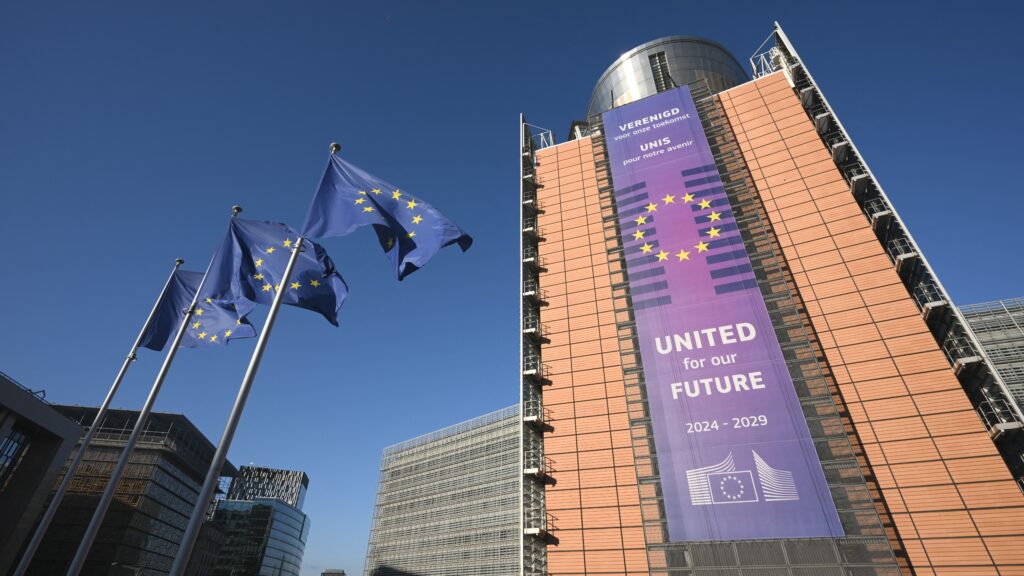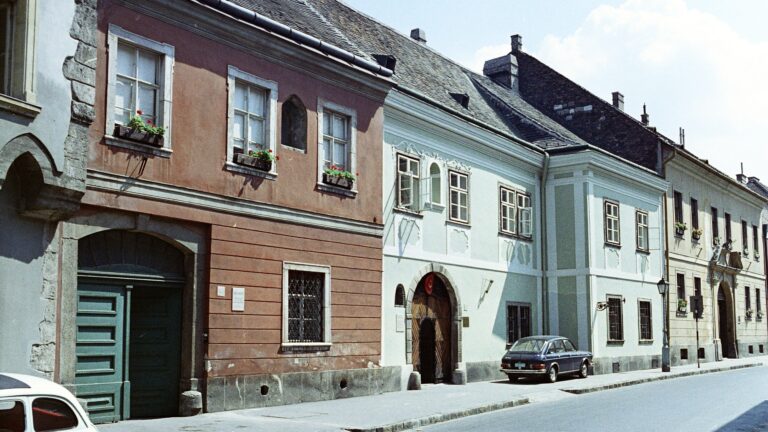In our continuously changing world—especially in periods when we see signs of crisis in almost all spheres of life—, the values along which our societies organise their daily lives, and based on which they make decisions, are increasingly becoming a key question. One of the most polarising issues of these days, generating heated debates and determining the future of the European Union in the long term, also relates to cultural and social values.
To put it simply, there are two major competing arguments. One, contradicting the Böckenförde Paradox, springs from the premise that philosophically neutral state power is able to maintain its validity beyond religious and metaphysical traditions; namely, it does not need a ‘unifying bond’ to be built on pre-politics or a pre-political moral basis. It is also derived from the idea that social cohesion—from which the rule of law emerges—is not necessarily based on ethical or moral foundations that precede the law. Hungarian politician, Piarist monk, and philosopher Gyula Kornis formulated the core of the other philosophy in his conception of culture. It is based on the theory of value that assumes that the intellectual development of mankind lies in the recognition of universal or absolute values, instead of the transcendence of values.
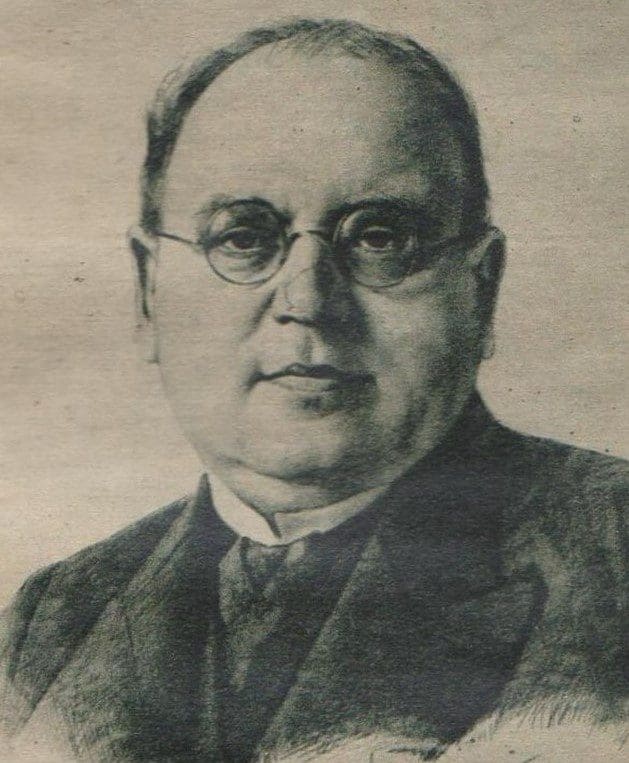
Values include human relations, the chief rules of social interaction, and the drivers of social action. Thus, they already belong to the field of ethics. Anyhow, in recent decades, the perception of social values can be discussed on two levels: on the one hand, it appears in the discourses and actions of the political and intellectual elite (especially when they begin to engage in pathological social engineering from the postulate of secularised moral principles), and at the level of general society at large.
In many cases, dialogue is made more difficult by the fact that those on the side of value neutrality consider values only as remnants of the past. Meanwhile, the opposing side tends to claim that the dialectic of values often poses a significant cognitive challenge to them. The dogma of value neutrality sees itself at a higher stage of humanity’s spiritual development, and therefore requires that everyone use its value-neutral language. However, denying the values of society makes it difficult not only to know, but also to understand.
Instead of ‘neutralising’ our values, we must strive to explore them if we want to know and understand the internal energies that run society. Values not only express the cultural principles that a given society considers important, good, and desirable, but also determine our relationship with society. They also influence our actions, habits, and attitudes. Their regulating, internally motivating, normative role determines which behaviours the community considers acceptable or reprehensible.
In conclusion, we can see that values have a group-forming function and they also play an important role in the way a given community is separated from others. Stating our values helps to understand the moral basis of a society worthy of humanity, that is Was die Welt zusammenhält (‘That Which Holds the World Together’) as Joseph Ratzinger rightly indicates in the title of his well-known book. The strategy of not knowing values also causes other practical problems, such as questioning the axiom of the legal system, i.e., the basic premise of ethical behaviour.
Do Hungarians really think about their values significantly differently from the countries defined as Western Europeans?
Among other things, we sought to answer this question in the Youth Research Institute’s research entitled Values Under Siege. The survey examines the value orientations of five European countries (Hungary, France, Germany, the United Kingdom, and Italy) through a questionnaire. 1,000 respondents were interviewed in each country. The data were collected using computer-assisted telephone interviewing (CATI) between 11 February and 14 March 2022, based on a representative sample for the given country.
In the block discussing societal values, in addition to the question of societal integration, we also take a look at how citizens think about efforts to change society, as well as what methods would be appropriate to remedy individual social problems. The former question also seems exciting because, in the present European political space, the elites are making considerable efforts to transform societies along certain lines that are dubbed ‘progressive’. However, the data show that members of European societies, on the contrary, believe that society must be developed gradually through reforms. In Hungary, compared to the average, significantly fewer people agree that society must be changed in a radical, revolutionary way. Also, substantially more people believe that it must be protected against all kinds of subversive forces. The Italian and French are considered to be the societies most open to radical change since, according to a fifth of respondents, the organisation of societies must be changed in a radical, revolutionary manner.
However, the research did not examine what type of change they would feel the need for. Nevertheless, it is telling that the French have the highest proportion of those who feel their situation is definitely or rather more difficult than the previous generation’s, and apart from the Italians, they are most likely to feel that the situation for the next generation will also be more difficult. In other words, French and Italian respondents are most likely to feel that things are heading in the wrong direction, and the proportion of those who think that radical change is necessary is also the highest among them. Hungarians are the most satisfied with their situation and they are most likely to perceive that their country is moving in the right direction as well. At the same time, the proportion of those who believe that society should be protected against all kinds of subversive forces is the highest in Hungary.
Family As the Basis of Society
Despite differences between countries, it can be concluded that family appears to be the strongest value in all examined societies (except in Germany, where free time comes first), followed by friends, then free time. With a view to differences between countries, family is of key importance to Hungarians (99 per cent say that it is rather or very important). The smallest proportion is found among German respondents, although it still has a determining importance for nearly nine-tenths of them (87 per cent).
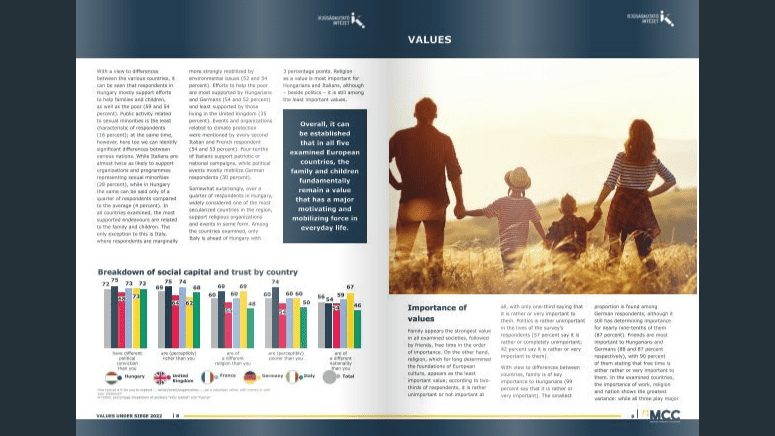
Our core values navigate us as a kind of compass between important, significant decisions in life. Therefore, if we do not state and understand our core values, we are just blindly moving around in our own lives. On top of all this, our core values also have a motivating role. That is why it is important to examine whether what we say and what we do are in harmony with each other. The research revealed that in the examined countries, organisations, events, and campaigns drawing the highest levels of support are still related to the family. Overall, it can be established that in all five examined European countries, the family and children fundamentally remain a value with a major motivating force in everyday life. Furthermore, events and campaigns aimed at helping the poor and protecting the environment are most effective at mobilising the population in the examined countries.
In terms of social policy aspirations, there are several points of agreement between the populations of the five countries. Respondents would rather alleviate poverty through job creation than through providing aid (85 per cent compared to 13 per cent), would entrust the future of humanity to cooperation between people rather than technological development (73 per cent compared to 20 per cent), and would solve demographic problems by having children instead of immigration (61 per cent compared to 24 per cent).
Is Hungarian society really more exclusionary, distrustful and reticent than Western Europe?
In the research, participants were also asked if there is a person in their immediate environment with different political beliefs, in a different financial situation, of a different religion, or a different nationality. Overall, the examined European countries can be considered integrated societies. In this respect, Hungarian society shows no difference. Nearly three-quarters of respondents stated that they regularly have conversations with people of entirely different political beliefs, and nearly seven-tenths of them also frequently converse with significantly wealthier people. Almost ten per cent fewer people frequently have conversations with poorer people. In the respondents’ immediate environment, we find people of other nationalities in the smallest proportion.
The research appears to falsify the assumption that Hungarians are exclusionary, distrustful, and reticent compared to Western societies, since dialogue between groups with different political views, religions or financial situations is most typical in Hungary among the countries examined. However, we find people of other nationalities in a smaller proportion than the average in the immediate environment of Hungarian respondents. However, the explanation for this is that Hungary can be classified as a more homogenous society. In the case of multicultural societies, such as Germany and France, there is a higher-than-average chance of finding people of other nationalities in the immediate environment of respondents. In the United Kingdom, on the other hand, we can observe lower numbers compared to the average in all categories. This means it is less typical for citizens to have conversations with people of different political views, religions, nationalities, or financial statuses.
The results of the research, therefore, held many surprises compared to the narrative constructed by the international mainstream media.

